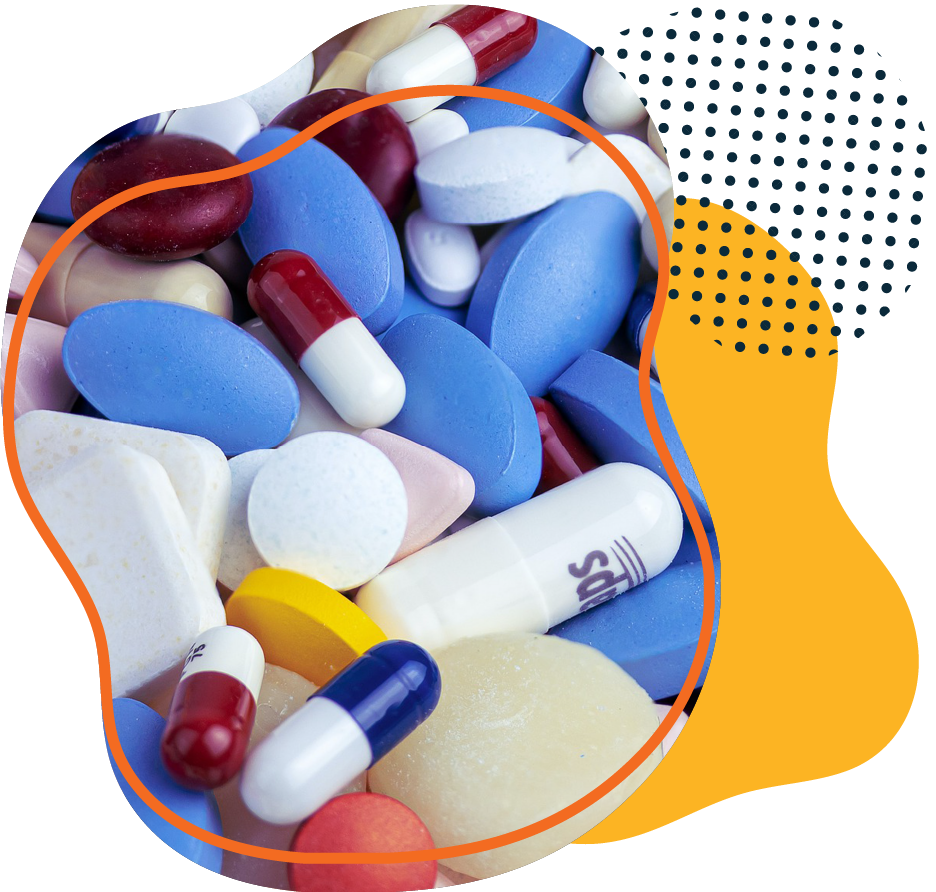KNOW THE FACTS:
prescription drugs
Using powerful medications during the teen years can interfere with important brain development and may rewire the brain for addiction.
Boys and girls tend to misuse prescription drugs for different reasons. Boys are more likely to take stimulants to get high, while girls try to make up for lack of sleep or to lose weight. Some young people may take prescription drugs to self-medicate when symptoms of depression or anxiety have gone untreated.
Boys are more likely to take stimulants to get high, while girls try to make up for lack of sleep or to lose weight.
Why do teens misusE prescription drugs?

health risks of
prescription drugs
OPIOIDS – Vicodin, OxyContin, or codeine are prescribed to relieve pain and can cause drowsiness, nausea, and constipation. In 2016, one in five deaths among young people were related to opioids.
DEPRESSANTS – Valium or Xanax are prescribed to relieve anxiety or help with sleep. They can cause slurred speech, fatigue, low blood pressure, disorientation, lack of coordination, and seizures.
STIMULANTS – Adderall and Ritalin are prescribed for treating attention-deficit/hyperactivity disorder (ADHD). They have side effects in common with cocaine use, such as paranoia, dangerously high body temperatures, and an irregular heartbeat. High doses can cause heart failure and seizures.
ANSWER THEIR QUESTIONS
I don’t know why we’re even having this talk.
What’s the big deal?
You don’t understand. I am under a lot of stress right now.
Everyone does it. It helps with my anxiety.
Kids at school are using Adderall to get better grades.
I am proud of your hard work and that you earned your grades without relying on stimulants. I understand that there is a lot of pressure to do well. But using a drug to do better on tests (or sports) is cheating and research has shown it is actually tied to getting lower grades. And there are some serious side effects of misusing stimulants. How about we explore other relaxation and time management skills to help you?